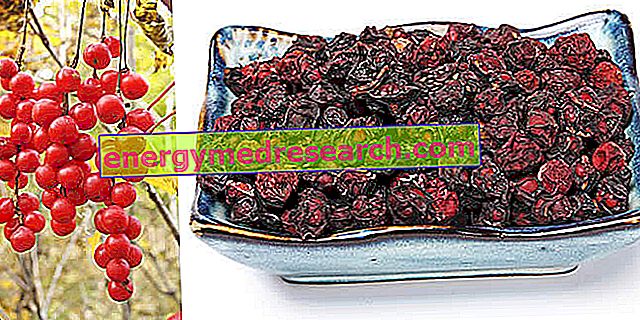
What is Kepivance?
Kepivance is a powder for solution for injection. Each vial contains 6.25 mg of the active substance palifermin.
What is Kepivance used for?
Kepivance is indicated for reducing the frequency, duration and severity of oral mucositis (inflammation of the tissue covering the mouth, whose symptoms can range from pain and redness to severe ulceration). Kepivance is used in patients who may develop severe oral mucositis because they suffer from hematologic malignancy (blood cancer) and are treated with a myeloablative therapy (treatment that destroys the spinal cord) and autologous stem cell transplantation (cells that produce blood belonging to the patient himself).
The medicine can only be obtained with a prescription.
How is Kepivance used?
Treatment with Kepivance must take place under the supervision of a physician experienced in anticancer therapies. The drug is given by injection into a vein at a dose of 60 micrograms per kilogram of body weight per day, for a total of six doses. Three doses are administered for three consecutive days before myeloablative therapy, so that the third dose is taken 24-48 hours before the start of therapy. The last three doses are administered for three consecutive days after myeloablative therapy, starting on the same day as stem cell transplantation. Kepivance has not been studied in children, adolescents or the elderly.
How does Kepivance work?
The active ingredient of Kepivance, palifermin, is a factor that stimulates the growth and development of "epithelial" cells, ie the cells that form the lining of the mouth and digestive tract. Palifermin is very similar to a protein called "keratinocyte growth factor" (KGF), which is naturally produced by the human body.
The human body regularly replaces the epithelial cells of the mouth after a few days. In patients undergoing chemotherapy or radiotherapy, epithelial cells are not replaced as quickly and this causes mucositis. Kepivance stimulates the growth of these cells helping to reduce the incidence, severity and duration of oral mucositis in cancer patients and undergoing intensive therapy. Palifermin is produced by a method known as "recombinant DNA technology", ie it is manufactured by a bacterium in which a gene (DNA) has been introduced that allows it to produce palifermin. The replacement palifermin acts as the naturally produced KGF factor.
What studies have been carried out on Kepivance?
Kepivance has been studied in 212 patients undergoing high-dose cytotoxic therapy for the treatment of hematologic malignancies (mostly non-Hodgkin's lymphoma). Palifermin was compared with a placebo (a dummy treatment). The main measure of effectiveness was the number of days during which patients experienced severe oral mucositis.
What benefit has Kepivance shown during the studies?
The average period in which patients experienced severe oral mucositis was significantly shorter with Kepivance (3.7 days) than with placebo (10.4 days). Patients treated with Kepivance also reported a decrease in oral and throat pain and an improvement in their ability to swallow, drink, eat and speak.
What is the risk associated with Kepivance?
The most common side effects with Kepivance (seen in more than 1 patient in 10) are alteration of taste, sensation of thickness in the mouth or tongue, discolouration of the mouth or tongue, rash, itching, erythema (redness), arthralgia (joint pain), edema (swelling), pain and fever. For the full list of all side effects reported with Kepivance, see the Package Leaflet. Kepivance should not be used in people who may be hypersensitive (allergic) to palifermin, to proteins produced by Escherichia coli (a bacterium) or to any of the other substances.
Why has Kepivance been approved?
The Committee for Medicinal Products for Human Use (CHMP) decided that the benefits of Keptivance outweigh its risks in reducing the incidence, duration and severity of oral mucositis in patients with hematologic malignancies receiving myeloablative therapy associated with a high incidence of severe mucositis and requiring autologous stem cell support. The CHMP therefore recommended that Kepivance be given marketing authorization.
More information on Kepivance
On 25 October 2005, the European Commission issued a marketing authorization for Kepivance, valid throughout the European Union. The marketing authorization holder is Biovitrum AB (publ).
The full EPAR for Kepivance can be found here.
Last update of this summary: 12-2008.



